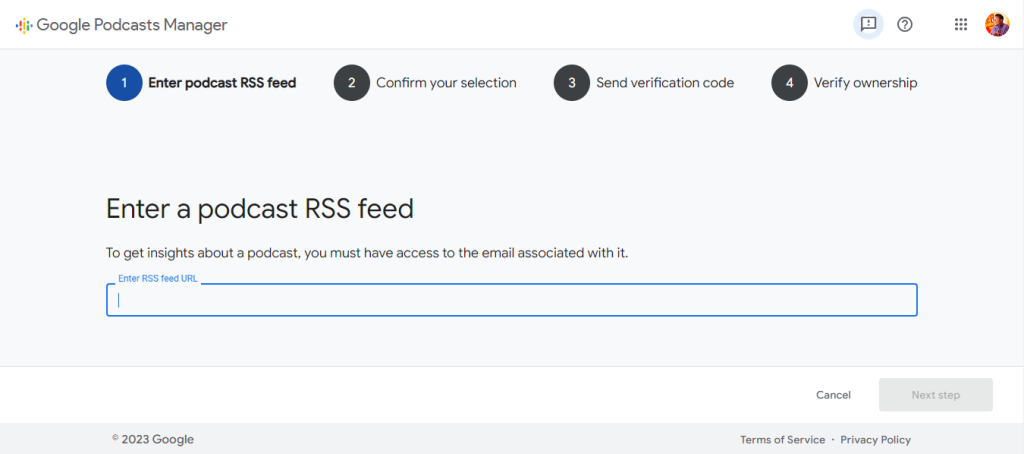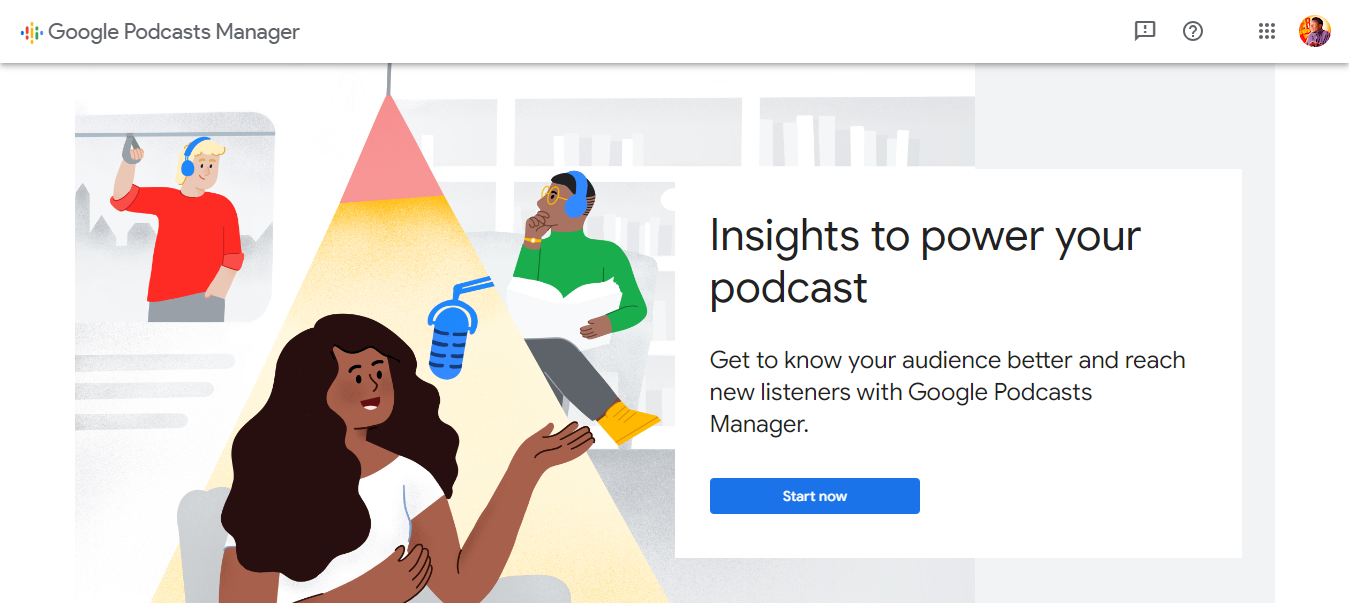- Reach a Global Audience: Podcasts are available to anyone with internet access. This allows you to broadcast your message on a global scale hence reaching audiences that are far removed from just the local community, friends, and relatives.
- Establish Authority: Running a podcast in your area of specialization can work towards you being recognized as an expert. By giving away your knowledge and perceptions, you will be able to establish yourself as a credible person whom the audience can trust.
- Personal Connection: With podcasts, you can establish a very personal connection with the audience. Listeners often feel as if they were talking to the host one-on-one, and this can provide a great sense of community.
- Monetization Opportunities: Now that you have an interested audience, there are numerous ways to monetize your podcast. This can encompass sponsorships, affiliate marketing, selling products or services, and crowdfunding among others.
- Enhance Other Business Efforts: If you own or run a business, podcasting can supplement and bolster your other marketing endeavors. It can generate traffic to your website, enhance brand recognition, and boost customer engagement.
- Concept: Your podcast concept means the main idea or subject that your podcast will be based on. It helps your podcast stand out among the millions of other podcasts. A distinct idea can allow you to create interesting and creative content that your audience enjoys. It also helps to bring a certain focus on your podcast, so that the whole process of content generation is better and more straightforward.
- Target Audience: Understanding who your target audience is will play a huge role in shaping the content plan. It allows you to know what type of content your listeners are interested in, how they like it, and their habits.
- Consistency: A content plan keeps the podcast consistent which is crucial for sticking to your audience and growing. It enables you to map out your episodes beforehand and make sure they are uploaded regularly. Consistent with your podcast’s theme, style and the time it is uploaded can easily develop a loyal audience.
- Quality Control: A content plan serves as a quality control for your podcast. It helps you keep the quality of posts in every episode as high as possible, allowing your podcast to provide value for your listeners at all times.
- Measurement and Evaluation: This way, you can determine the success of each episode and analyze your podcast’s performance over time. What things are working, what’s not and how can you improve them.

- Record Your Podcast: Use a high-quality microphone and recording software to ensure clear audio. Keep your audience in mind and try to provide value in every episode
- Edit Your Podcast: Use editing software to remove any errors, add music, or enhance the sound quality.
- Find a Hosting Platform: Once your podcast episode is ready, you’ll need a podcast hosting platform. This is where your podcast files will be stored and distributed to various podcast directories like Google Podcasts.
- Submit Your Podcast to Google Podcasts: After your podcast is hosted, you can submit it to Google Podcasts. You’ll need to provide Google with the RSS feed from your podcast hosting platform. Google will then review your podcast before it becomes available on Google Podcasts.
- Promote Your Podcast: Share your podcast on social media, your website, and other promotional channels. Engage with your listeners and encourage them to leave reviews and ratings.
Establishing a Google podcast is all about the journey of learning and improving. It is a place where you can submit your voice to the world, meet people with similar interests and even become an expert in your area of expertise. Creating a fantastic podcast that your audience will love takes careful planning, quality content, and constant engagement.





